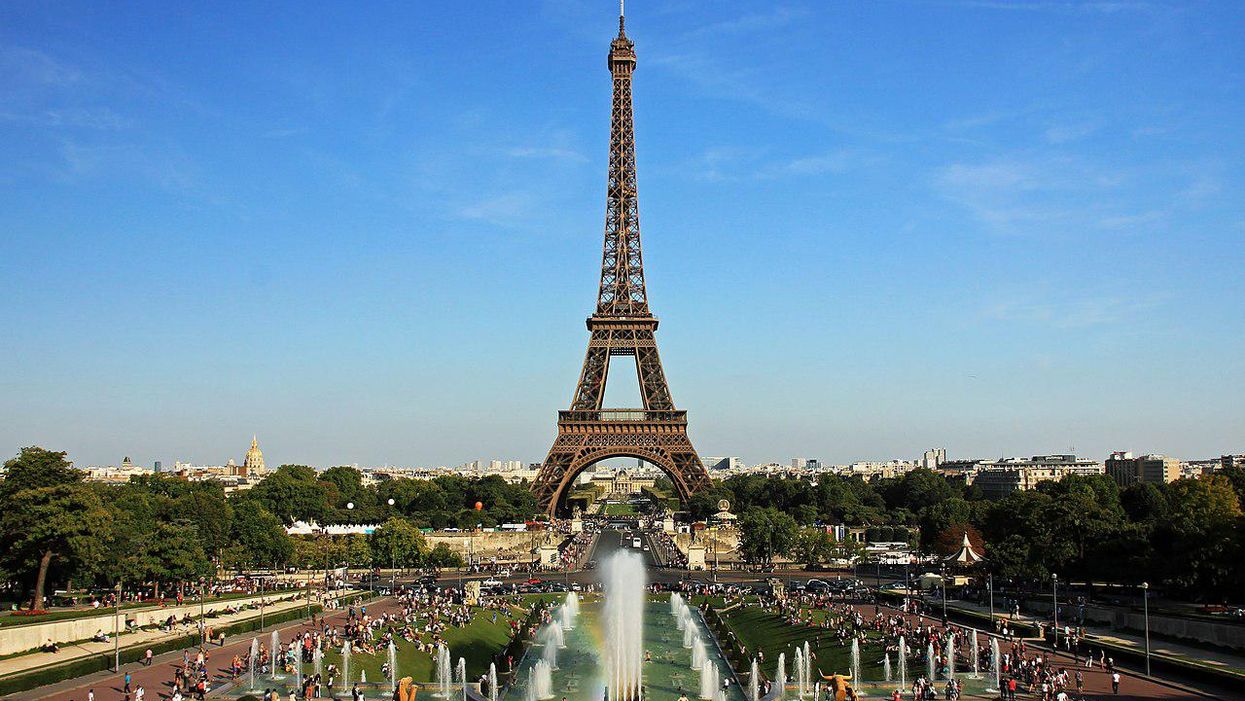Climate change is robbing France of its Dijon mustard


Thursday, July 14 marked France’s most famous holiday: Bastille Day, which is known as Le Quatorze Juillet (the 14th of July) or la Fête Nationale Française (the French National Holiday) in that country. It was on July 14, 1789 that the storming of the Bastille occurred, setting off the French Revolution. But during 2022’s Bastille Day celebrations, there was, according to the New York Times, a big departure from tradition: a shortage of Dijon mustard.
The shortage, according to Times reporter Roger Cohen, can be attributed to a variety of “perfect storm” of factors, including climate change, the COVID-19 pandemic and the war in Ukraine.
“Deprived of the condiment that gives edge to a steak frites, life to a grilled sausage, depth to a vinaigrette and richness to mayonnaise, France has been casting around with quiet desperation for alternatives,” Cohen explains. “Horseradish, wasabi, Worcestershire sauce and even creams of Roquefort or shallots have all emerged as contenders — poor contenders, it must be said.”
READ MORE: Extreme flooding inundates Sydney, Australia as climate change rages on
Cohen continues, “The problem is that Dijon mustard is as irreplaceable as it is indispensable. Butter or cream of unique quality may be more essential to French cuisine, but many an unctuous sauce withers into insipidity without mustard. In Lyon, the idea of an offal sausage, or andouillette, without its mustard sauce is as inconceivable as cheese starved of wine. Another problem…. is that Dijon mustard is composed largely from ingredients that do not come from that lovely capital of the Burgundy region.”
According to Luc Vandermaesen, president of the Burgundy Mustard Association and director of the mustard manufacturer Reine de Dijon, 80 percent of the brown mustard seeds needed to make Dijon mustard come from Canada — not France.
Vandermaesen told the Times, “The main issue is climate change, and the result is this shortage. We can’t respond to the orders we get, and retail prices are up as much as 25 percent reflecting the soaring cost of seeds.”
Reine de Dijon, Cohen reports, has been receiving “at least 50 calls a day from people seeking mustard.”
READ MORE: Paul Krugman: The US Supreme Court is promoting a climate change ‘apocalypse’
“There were no such calls before mustard vanished,” according to Cohen. “People even come to the company headquarters in Dijon — not a retail operation — in a frantic quest for mustard. Carrefour, a leading French and international hypermarket chain, has been forced to deny rumors rampant on Twitter that it is stockpiling mustard to drive up prices. Chefs like Pierre Grandgirard in Brittany have resorted to appealing online for any spare mustard anyone may have.”
Cohen notes that Ukraine and Russia are major producers of mustard seeds, but in general, they are yellow mustard seeds rather than the brown mustard seeds traditionally used in France’s traditional Dijon mustard. Those yellow seeds, according to Cohen, are “popular in countries” that “favor a milder condiment” such as Germany and Hungary.
Cohen reports, “Because the yellow mustard seeds have been a casualty of war, pushing countries that depend on them to seek other kinds of mustard, the ‘pressure on the mustard market generally has risen, pushing up prices,’ Mr. Vandermaesen said. France consumes about 2.2 pounds of mustard a year per habitant, making it the world’s largest consumer. Although there are indications of shortages looming in other countries including Germany, the French mustard crisis is unique in its dimensions, partly because France depends so heavily on Canada for its seeds.”
READ MORE: Can Donald Trump’s damage to the environment ever be repaired?